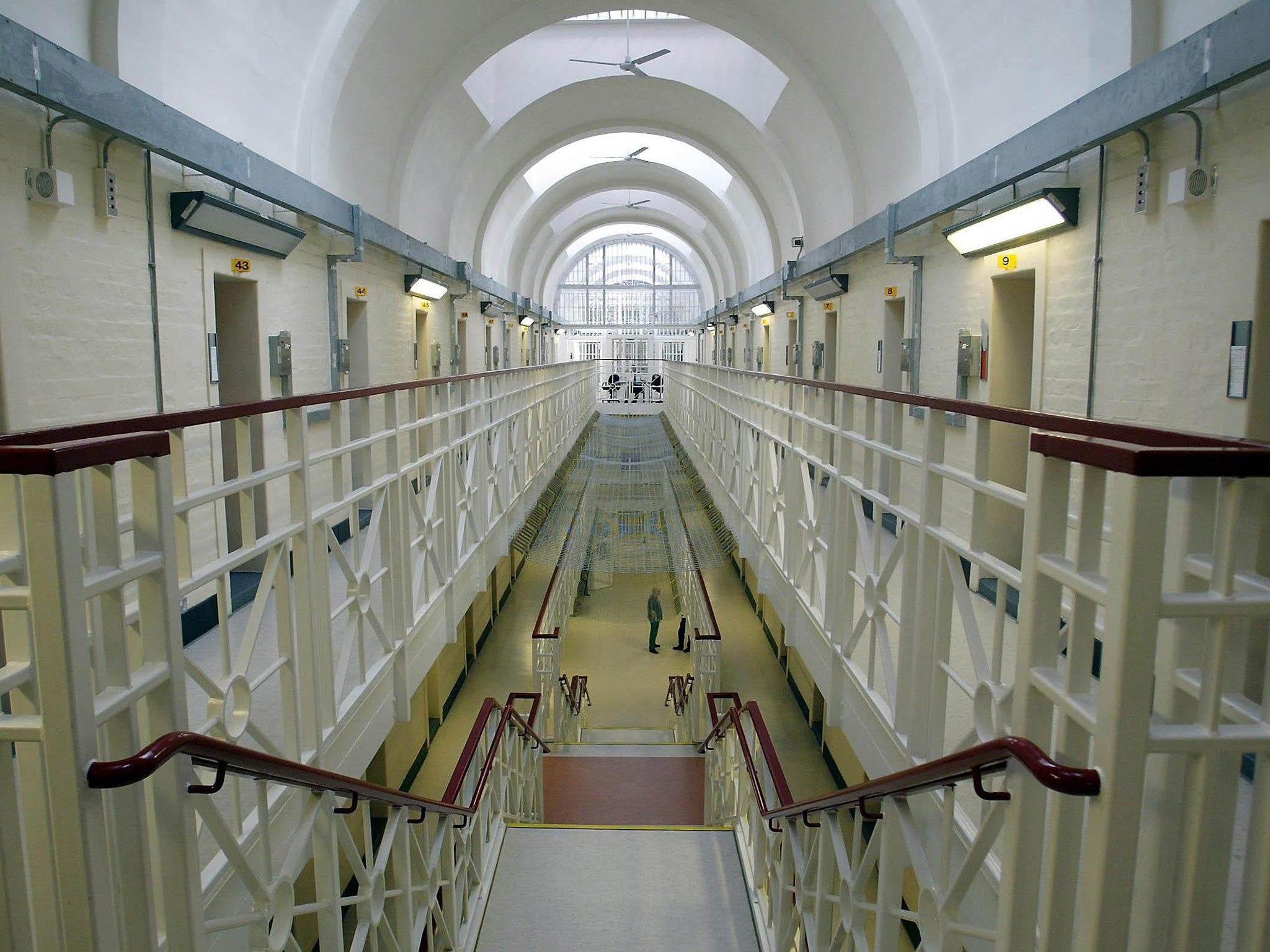Did you know that solitary confinement can have profound effects on an individual's mental health? The case of Robert Maudsley, a British prisoner known as "Hannibal the Cannibal," exemplifies the extreme and often controversial use of solitary confinement in modern prison systems. Having spent nearly 45 years in isolation, Maudsley’s story raises critical questions about the ethics and implications of such punitive measures. This article delves into the life of Maudsley, highlighting how he broke the world record for the longest time spent in solitary confinement.
Maudsley was convicted of murder in 1974 and has since become one of the most notorious inmates in the UK. His life behind bars has been marked by violence, controversy, and extended periods of isolation that challenge the boundaries of human endurance. As we explore his biography, we will also consider the psychological impacts of prolonged solitary confinement and its implications for justice and rehabilitation in the prison system.
In this comprehensive piece, we will examine Maudsley’s criminal activities, his time in prison, and the societal reactions to his lengthy confinement. By understanding his story, we can gain insights into the broader discussions surrounding solitary confinement and its effects on inmates, as well as the implications for legal systems worldwide.
Table of Contents
- Biography of Robert Maudsley
- Crimes Committed
- Life in Solitary Confinement
- Mental Health Implications
- Public Reaction and Media Coverage
- Final Thoughts
Biography of Robert Maudsley
Robert Maudsley was born in 1953 in Liverpool, England. He faced a troubled childhood, marked by abuse and neglect. By the time he reached adulthood, he had already been deeply affected by his early experiences, which shaped his later life and choices.
Maudsley's criminal record began in his teens, but it wasn't until 1974 that he committed a crime that would lead to his life sentence. He was sentenced to life in prison for the murder of John Farrell, a crime that stemmed from a violent confrontation. His actions shocked the public and set the stage for one of the most notorious criminal histories in the UK.
| Personal Detail | Description |
|---|---|
| Name | Robert Maudsley |
| Date of Birth | 1953 |
| Birthplace | Liverpool, England |
| Crimes | Murder |
| Years Imprisoned | Since 1974 |
| Nickname | Hannibal the Cannibal |
Crimes Committed
Maudsley's criminal activity escalated dramatically in the 1970s. After killing Farrell, he was transferred to Broadmoor, a high-security psychiatric hospital. There, he committed further violence, including the murder of another patient whom he allegedly tortured. These acts contributed to his infamous reputation and the severe restrictions placed on his confinement.
On July 28, 1978, Maudsley killed two fellow inmates shortly after being transferred to HMP Wakefield, a prison known for housing some of the UK’s most dangerous criminals. His notorious calmness in handing over the murder weapon shocked prison officials and further solidified his status within the criminal justice system.
Life in Solitary Confinement
Since his incarceration, Maudsley has spent approximately 45 years in solitary confinement. He is reported to spend 23 hours a day in his cell, a practice that has drawn criticism from mental health experts. His time in isolation has been likened to being held in a glass cage, which has sparked discussions on the human rights implications of such confinement.
Maudsley’s case has become a focal point for debates about the effectiveness and consequences of solitary confinement. Critics argue that extended isolation can lead to severe psychological distress, while supporters claim it is necessary for maintaining safety in prisons.
Mental Health Implications
The long-term effects of solitary confinement on mental health are profound and often devastating. Studies have shown that prolonged isolation can lead to depression, anxiety, and other psychological disorders. Maudsley himself has expressed feelings of stagnation and deep depression, highlighting the toll that such confinement takes on individuals.
Experts have warned that the psychological impacts of solitary confinement can result in irreversible damage, raising ethical concerns about its use in correctional facilities. Maudsley’s experience exemplifies these concerns, as he continues to endure the consequences of his isolation.
Public Reaction and Media Coverage
The public and media have responded to Maudsley’s case with a mix of fascination and horror. His nickname, "Hannibal the Cannibal," reflects the sensationalism that often accompanies stories of violent criminals. Coverage of his life has sparked debates about the justice system and the treatment of inmates in solitary confinement.
While some view him as a monster, others argue for the consideration of his past traumas and the impact of his childhood on his actions. This duality in public perception illustrates the complexity of criminal cases and the societal attitudes towards crime and punishment.
Final Thoughts
Robert Maudsley’s life story serves as a chilling reminder of the consequences of crime and the complexities of the justice system. His record-breaking time in solitary confinement raises important questions about the treatment of inmates and the long-term effects of isolation on mental health. As society continues to grapple with these issues, Maudsley’s case remains a poignant example of the need for reform in prison systems.
Understanding the implications of solitary confinement is crucial for fostering discussions about humane treatment and rehabilitation in prisons. As we reflect on Maudsley’s life, we must consider the lessons learned and the changes needed to ensure justice and dignity for all individuals within the system.
 ```
```
The Scary Reality Of Fungal Infections And Climate Change: A Study Inspired By HBO's The Last Of Us
Rhode Island TF Green Airport Lockdown Lifted: What You Need To Know
Cockroaches: Masters Of Asexual Reproduction And Survival

.jpg.transform/6col-retina/image.jpg)
